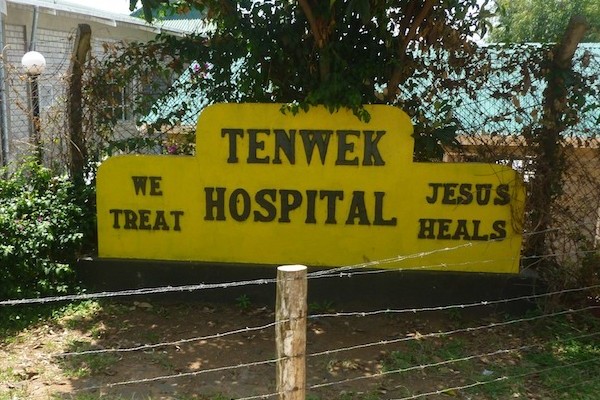The One Resource that the Developing World Needs Most
Last month I attended the American Academy of Orthopaedic Surgeons annual meeting. For my profession, it is the single largest meeting in the world.
I know what you are thinking, this post has to be incredibly boring. Before you switch to a new website, though, give me a chance.
The list of lectures is endless. Every possible topic is covered from basic science to rehabilitation to new surgical techniques to dealing with stress.
One series of lectures caught my eye for the first time. Introduction to Orthopaedics in the Developing World.
Here are some of the statistics they shared with us.
- 1/3 of people in the third world die before the age of 40.
- 3/4 of the world has no access to an orthopaedic surgeon.
- 80% of the orthopaedic surgeons provide care for 20% of the people in the world.
- In subSaharan Africa, 44% of people are under the age of 15.
- Right now, Africa needs 1,000,000 health care workers (of all sorts) just to meet their need.
- The average life expectancy in the most developed countries is 77 but only 51 in the least developed.
These numbers are staggering. The reality of our world is that life is separated into those who have and those who don’t. Those with resources get what they need. Those that don’t simply don’t.
Maybe you don’t feel like any of this applies to you, especially those of you who faint at the sight of blood. These are just the statistics that concern healthcare and orthopedics specifically, but it is also reflective of the needs as a whole.
The same people that have poor access to healthcare also have poor access to everything else including food and water.
Whatever you do for a living I bet there is a need out there that you can meet.
One of the most staggering numbers from this lecture was not one that was mentioned. In total there were over 10,000 surgeons who attended the meeting, but only 100 showed up for this lecture. Only 1% were interested in these types of problems and in learning how they could make a difference.
And according to the panel, this is the problem.
What would you guess is the single greatest thing you can give in a place with few to no resources? It isn’t medicine. It isn’t plates and screws. It isn’t Xray machines. It isn’t heart rate monitors. It’s not even blood.
It is you.
I don’t have the solution to these problems. Nobody does.
But caring enough to get involved is the single best thing you can do no matter how insignificant or little it may seem. We can only treat problems one at a time and we need individuals like you to help.
I would love to hear how you get involved. Share your story in the comments.

